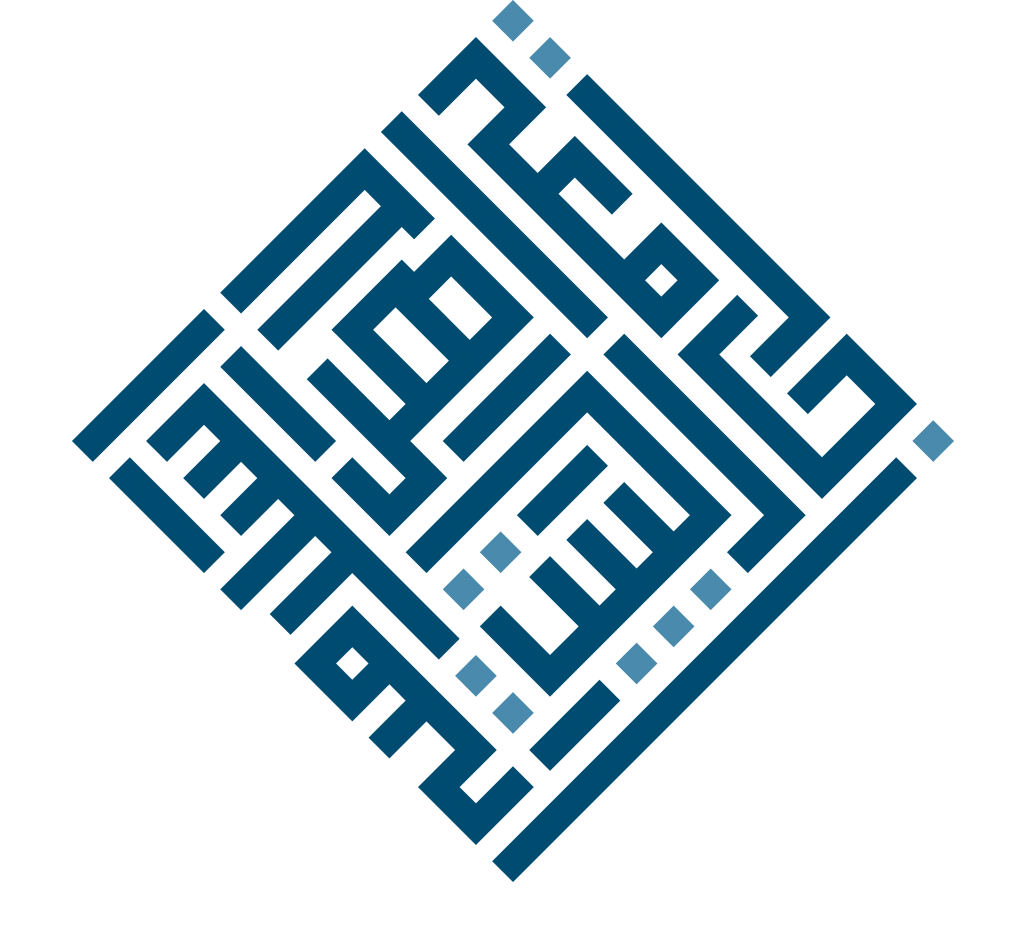Mujtahidah Nusrat Beygum Amin and Makhzan al-Irfan: An Introduction to a Seminal Work of Female Qurʾanic Exegesis Part 1
Abstract
This article explores the life and Qurʾanic scholarship of Sayyidah Nusrat Beygum Amin (1895–1983), also known as Banu Amin, a pioneering female mujtahidah and...
The Role of Artificial Intelligence in Serving the School of Ahl al-Bayt
The responsibility of spreading goodness and truth, and of safeguarding the divine principles revealed to humanity, rests upon every believer. In every age, the...
“He Knows Best Those who are Guided” II: Three Stages of Convert Experience
In the first installment of this series, “He Knows Best Those who are Guided” I: A Typology of Convert Experience,” I contend that the...
Digital Humanities and the Future of Islamic Studies
Introduction
In recent years, Digital Humanities have emerged as a transformative field, merging the humanities—which I refer to as “traditional” in the context of this...
A Journey Through WF-AID’s Fill My Cup and the Power of Breakfast Provision in the Global South
Introduction
A balanced diet and the proper nutrition are fundamental necessities for young children to develop both mentally and physically. Despite this, one in four...
The Man Behind the Mantle: A Personal Glimpse into Mulla Asghar’s Legacy
Forget the titles, tributes, and plaques; this article isn't about the Mulla Asghar immortalized in reports or etched into organizational history. What I wish...
“He Knows Best Those who are Guided” I: A Typology of Convert Experience
Cheerios hastily eaten in the predawn dark before the start of a Ramadan fast, only to break it alone over take-out. Attending a Muharram...
Challenges in Authenticating Hadith: The Science of Hadith
The science of hadith critically examines the sayings, actions, and tacit approvals of the Infallibles, ensuring their authenticity through rigorous methodologies. This science remains...
Layers of Meaning and Deeper Interpretations: Exploring Wujūh, the Mutashābihāt, and Taʾwīl of the Qurʾān
Muḥammad Muḥsin Al-Fayḍ Al-Kāshānī, the prolific Imāmī Shīʿī scholar and mystic-philosopher, opens his renowned tafsīr (Quranic exegesis) with twelve introductory sections that address foundational...
Childhood as a Formative and Integral Stage in Faith According to Islamic Psychology
Childhood is a sacred and foundational stage in Islamic psychology, one that shapes the moral, spiritual, cognitive, and emotional development of an individual. Within...
Seeing Life through Sacred Eyes
We often think of Islam as a tradition that tells us do certain "sacred" activities, such as going to hajj, and avoid other activities...
The Qurʾan Speaks about Its People How Most of the Qurʾan Is about the Family of the Prophet
By Muhammad Muḥsin al-Fayḍ al-Kāshānī
Translated by Azhar Sheraze
Tafsīr al-Ṣāfī is a profound and multilayered tafsīr (exegesis) of the Qurʾan by Muhammad Muḥsin al-Fayḍ al-Kāshānī...



















